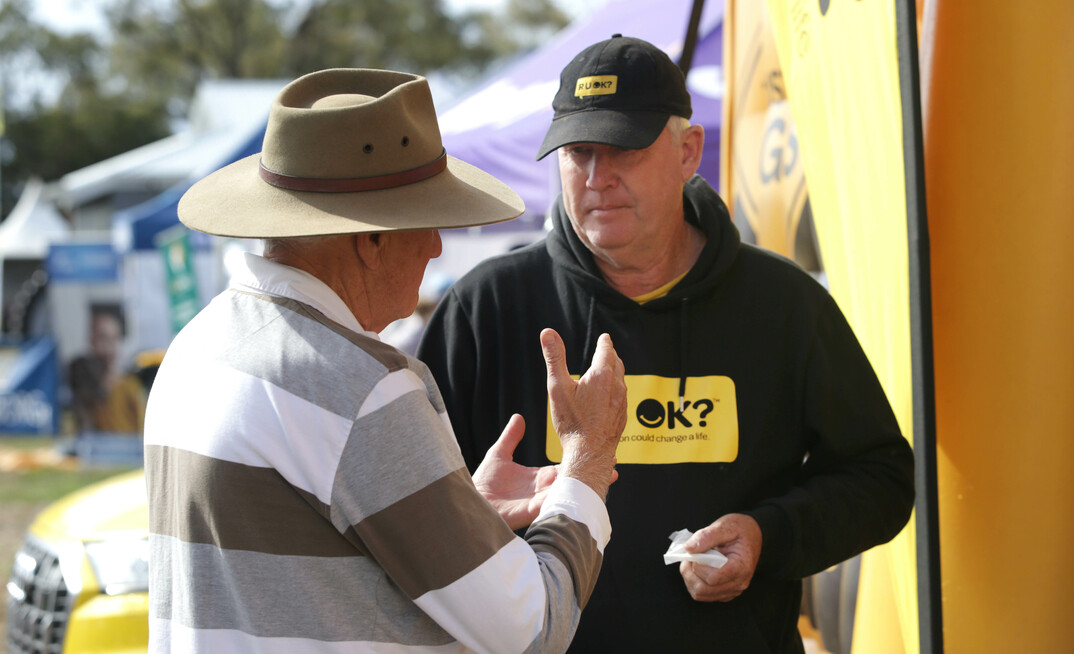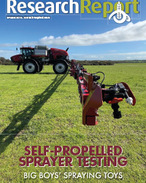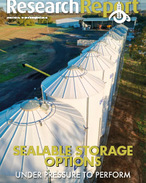R U OK? is calling on people living in rural and remote communities to check in on friends, family, team mates, colleagues and other people they care about "any day".
While this Thursday, 12 September, is the organisation's National Day of Action, it said the question can be asked any day "because life happens every day."
It is a timely reminder with the Australian Institute of Health and Welfare reporting three in 10 Australians who live outside major cities often experience poorer health and welfare outcomes.
R U OK CEO, Katherine Newton, said there are many positive aspects about living and working outside Australia's bigger towns and cities, including a greater sense of community . However, she added there are a few things that can be harder to deal with including fewer services, isolation and extreme weather events.
YOU MIGHT ALSO LIKE
R U OK? research has found checking in can make a big difference, with 90 per cent of people who are regularly asked R U OK? reporting they feel more supported, connected, and cared about.
"We see an increase in supporting behaviours around R U OK? Day- our National Day of Action," Newton said.
"However, we know life happens every day. Our message to Australia is don't wait- Ask R U OK? Any Day because a meaningful conversation could change a life.
"By checking in regularly with the people close to you, you can help prevent small things from becoming big things."
A CONVERSATION CAN CHANGE A LIFE
While speaking at the National Centre for Farmer Health Symposium in Canberra recently, former AFL player and mental health advocate, Justin Koschitzke, spoke about a conversation he had with a friend that changed his life.
"He knew I was going through some hard times, and he said ‘Mate, I love you. I have no idea what you're going through and I have no idea how it feels, but how can I help?'"
Koschitzke said it was like a light switched in that moment- "like the weight of the world was lifted off my shoulders."
He said starting the ball rolling by having open conversations is particularly important in rural communities where there is a strong culture of stoicism and people can be competitive.
"The GPS lines have to be straight, so you're not going to admit to a muck up on the tractor, let alone be emotionally vulnerable at the footy club when you're having a beer," he said.
Koschitzke said that is why it is so important to start conversations by saying something alone the lines of ‘I don't understand what you're going through and I'm not going to judge you or criticise or compared to the neighbour, but how can I help?". He added having a conversation can be the first step and encourage people to take action.
RESOURCES
R U OK? has dedicated resources to help build confidence within regional and remote communities to have meaningful R U OK? conversations throughout the year.
The R U OK? Mateship Manual is a short, simple guide with tips, resources, and more to help you start a conversation with someone who's doing it tough. The R U OK? Mateship Manual is free and available here. R U OK? can also offer physical copies within Australia free of charge.
Visit ruok.org.au for other free tips and tools to build a R U OK? Culture across the year.
CONTACT
Lifeline provides free and confidential crisis support at any time of day or night. Call 13 11 14, text 0477 13 11 14 or chat online at lifeline.org.au.
MensLine Australia offers 24/7 free and confidential telephone and online support for men with emotional health and relationship concerns. Call 1300 78 99 78 or chat online at mensline.org.au.
13YARN is a free 24/7 service offering crisis support for Aboriginal & Torres Strait Islander people. Call 13YARN (13 92 76).
























